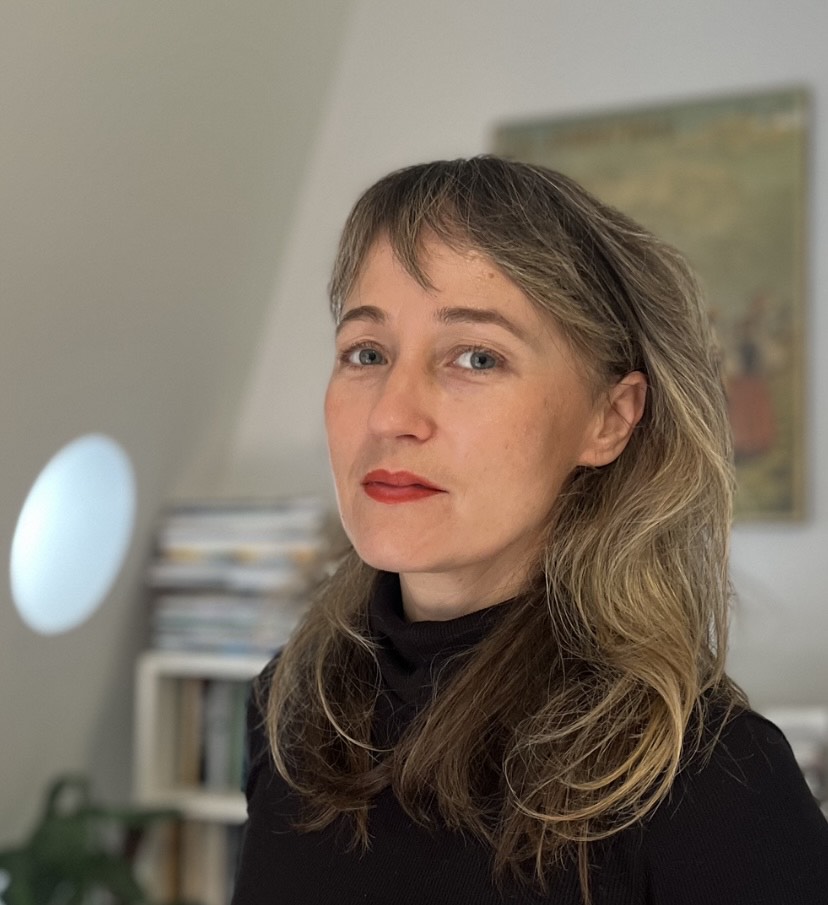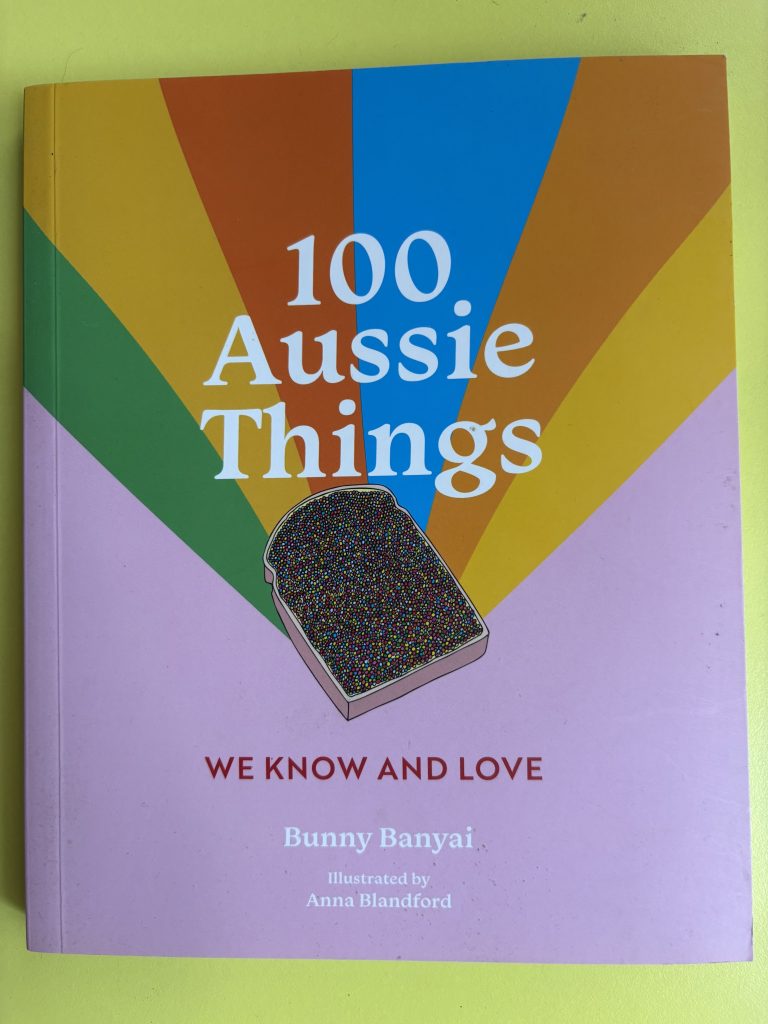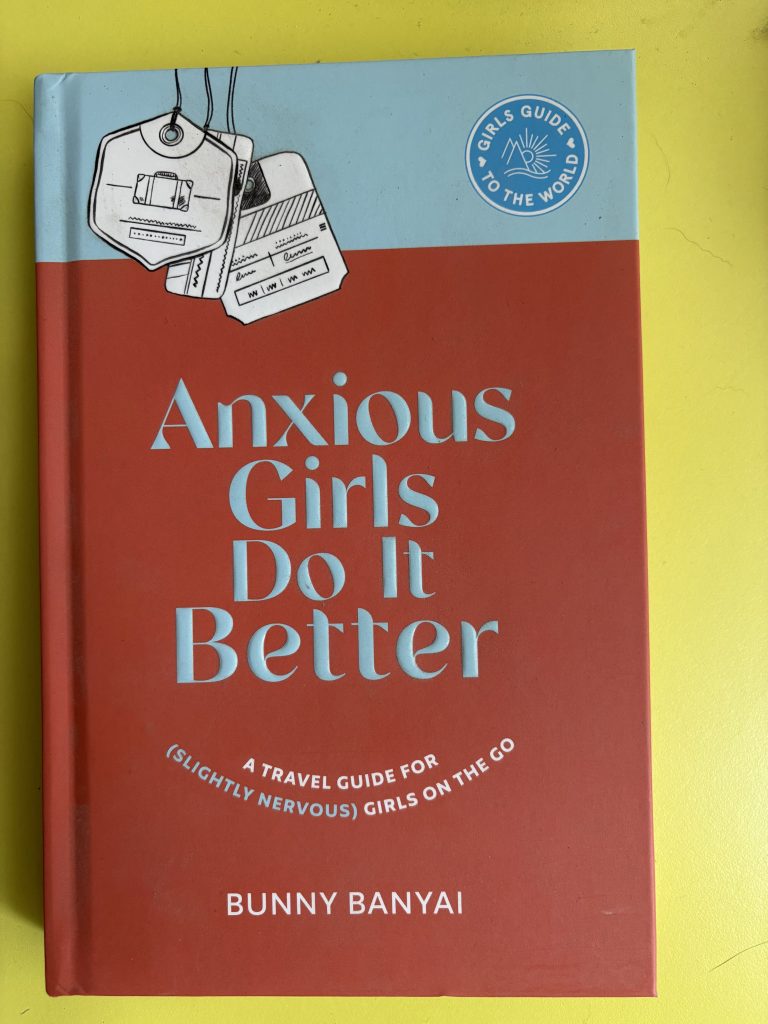There is writing that changes the world, or at least changes the world of the person who reads it. Then there’s writing like mine, which, I would hazard, has never prompted any of the above. Before you brace yourself for 1200 words of self-flagellation (which, you better believe, I’m more than capable of), I’m not a bad writer, most of the time. But my lane is pretty narrow – observational and light. More than two paragraphs without a quip, and I feel I’m in unsafe territory.
I started writing when I was three, which is to say before I could actually write; dictating the words to my Mum, who transcribed them into little illustrated books, an outlet for her own frustrated artistic ambitions. Once I hit puberty, my stories transitioned from loopy fairy tales to stories in which the protagonist was always a glamorous junkie with a wild mane of matted blonde hair, consigned to an early but sexy death. In my twenties, I specialised in milquetoast facsimiles of Carver ‘s short stories; miraculously, and not to the credit of the judging panel, I was accepted into Professional Writing and Editing at RMIT based on one of these stories.
But what I really enjoyed was writing funny stuff, mostly of the incidental sort – letters and emails to friends, long entries about difficult customers in the communal diary at my retail job – and it became clear that this was what came to me most easily, and with the greatest urgency. Still hung up on the idea that to be a writer of any substance meant repressing my urge to make it funny, I never contemplated pitching anything that I actually enjoyed writing. Postcards From The Edge by Carrie Fisher was my favourite book, but somehow I had not managed to draw the dots between this fact, and my own strengths and preferences as a writer.
Eventually, via a Facebook message from a neighbour, who happened to be a historian and writer – ‘wanna start a blog about parenting?’ – I found a sufficiently non-threatening outlet for my writing. A funny blog became a book – Shit On My Hands, an unvarnished, realistic guide for new parents. Then came 100 Aussie Things We Know and Love. These books were on different topics, but both in that same, lightly humorous vein Still, I felt myself to be a lesser kind of writer, occupying the breezier corners of the media and publishing landscape.
Once the pandemic hit, I became totally convinced of the worthlessness of my work. The gravity of what was unfolding around the world, magnified by my high-risk status, made my work seem shallow and trivial. It was not proper writing; it was content. My family life went up in flames at the same time as Covid reached its nauseating crescendo. I filed a story with a magazine in April 2020, and didn’t pitch another thing for two years. Somewhere in there, I’d lost all my initial enthusiasm for another book I was meant to write – a travel guide for neurotics, Anxious Girls Do It Better. It had been commissioned by Hardie Grant, I later worked out, on the exact date the first case of Covid was detected in Wuhan – an inauspicious date for the birth of a travel book if ever there was one.
When the time came that I could no longer avoid writing it, it was not difficult to find the pleasure in playing with words again. It was not my best work, but there was some reassurance to be found in the fact that, even in the worst moments of my life, I could still feel a flush of fulfilment in nailing a particularly silly gag (it was about wearing panty-liners on an airplane, and I remain proud of it to this day).
After finishing the travel book, I stopped writing completely. As the pandemic slowly began to recede, I started working at Triple Zero as an ambulance call-taker, a job I’d always been deeply curious about, and now felt more drawn to than ever. It was time to do something of real substance, I told myself. Time to stop writing about TV and kids and sex and clothes, and make a real difference in the world.
I can think of many more romantic places in which to have an epiphany – the beach at sunset, the Dandenong Ranges in Autumn – but it was on the fluorescent-lit operations floor at Triple Zero that I finally made peace with being the writer that I am. At some point, during every grinding, brutal shift, the voice in my head (she’s very chatty) would say: ‘You’re really going to torch all your writing aspirations? Really?’ A kind of pall settled on my shoulders, and it wasn’t because of all the stabbings, overdoses, suicides and seizures that filled my working hours. It was because I knew that if I kept doing this, I would never write again.
The job demanded too much of me, and alongside my family commitments, I knew that I would never have the discipline to do writing as well. Every moment I was not at work was spent recovering from being at work. I longed for a deadline, an end date, an edits stage, suddenly deeply appreciative of all the aspects of my writing career that previously stressed me so much. An increasingly loud voice in my head told me that maybe it was time to accept that the best use of my time did not have to literally involve saving lives, and that there is worth in other, less urgent pursuits. And that thought made me feel as sad as anything ever has. There are a million jobs I could do for six months; writing is the only one I could do forever. All I have ever wanted to do is to take the painful, the confusing, the humiliating, and make it funny through my words. I thought of how I like to read the Shouts and Murmurs section of the New Yorker just as much as the lengthy, sober features. After all, everyone needs a bowl of coco pops to balance out the oatmeal from time to time.
Once I left Triple Zero, after a brief panicked period spent scrambling (unsuccessfully) for a new job, I finally resolved to get another book off the ground. Seven months, and approximately 700 kilos of minced beef later, I turned in the manuscript for Around The World In Eighty Meatballs, my first cookbook.
The lesson of my story: be the writer that you are, not the one you feel you should be. The world needs investigative journalism, searing and soaring works of literary fiction, poetry and political analysis. And sometimes it also needs to laugh at a collection of words strung together for maximally comic effect. Humour is grace and defiance in the face of the terrors of human existence; I remember clearly my desperate gratitude whenever a really funny Covid meme or reel dropped into my social media feed. To have your miseries momentarily recast in a more tolerable light is like finding a clear blue pool in a desert.
Bunny Banyai is a freelance writer and author of non-fiction titles, including an upcoming cookbook for Hardie Grant, Around The World In Eighty Meatballs, due for release in October 2025. She has contributed to The Age, SMH, Big Issue, and Guardian.



Yep, the Rules: Write you know; Do what you enjoy; Be authentically you. All the best with your style of writing – it resonates with me.
Maggie, glad Bunny’s post resonated with you. Happy writing to you 🙂
I loved this post. I am not a published writer but am in a fortnightly writing group for retirees. I love most to share stuff I have written that not only makes others laugh but made me laugh when I was writing it.
I wish you continued success Bunny.
This is such a lovely response, Wendy! It is indeed important to make ourselves laugh too as we write 🙂
Thanks for this post, Lee, and Bunny for sharing your unique journey (aren’t they all !). The “Am I good enough?” self-talk resonates with me. Even having my first novel published didn’t wipe that ubiquitous crumb from my mental tabletop. For me, it has to do with showing up at that table whenever I can.
I hear you, Ernie! And can relate to the ‘am I good enough?’ refrain too…
Totally. Not just about being the writer I am but about the need for humour. Even the most serious literary fiction is the better for being able to insert laughter, and even laugh at itself. Rachel Kushner’s Creation Lake a prime example.
So true… I never read a good book that didn’t contain at least a little humour.
‘Humour is grace and defiance in the face of the terrors of human existence;’. I’m sure this is true of humour. I once heard that comedians are angry people. It may not be true, but there’s sure to be truth in it.
It’s a beautiful quote, Margaret, and rings true to me.